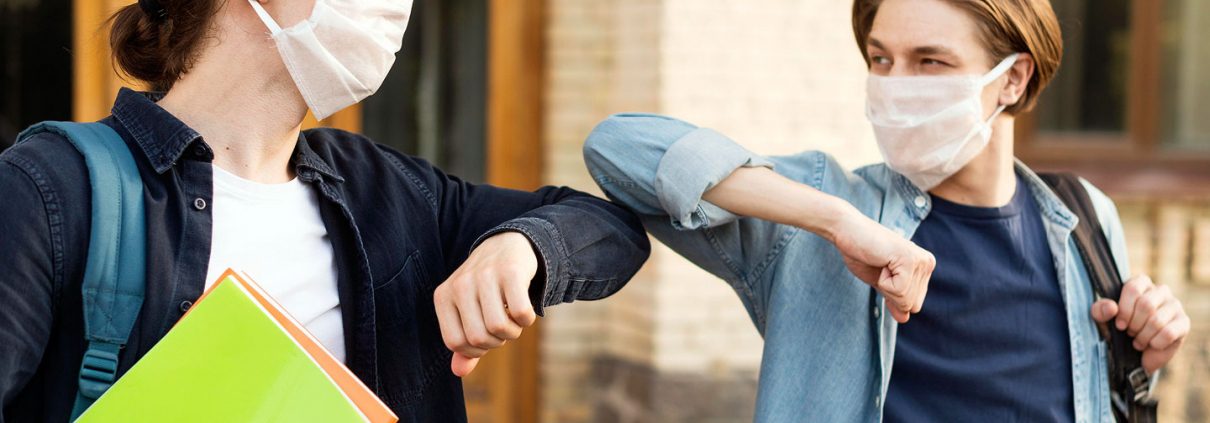What You Can and Can’t Do After Getting the COVID Vaccine
If you’ve received the COVID-19 vaccine, you may be making plans to visit friends and family. But there are some important things to keep in mind.
Remember: the vaccine only protects you. Friends and family members who are not vaccinated are still at risk for COVID-19.
Even after you receive the vaccine, it is important to continue using all the tools available to help stop the spread of the virus.
How to continue to Protect Yourself and Others from COVID-19:
- Wear a face mask over your nose and mouth
- Stay at least 6 feet away from others
- Avoid crowds
- Avoid poorly ventilated spaces
- Wash your hands often
Here are answers to come COVID-19 vaccine questions.
When will I be protected after I receive the COVID vaccine?
It takes time for your body to build protection after any vaccination. COVID-19 vaccines that require 2 shots may not protect you until about 2 weeks after your second shot. For COVID-19 vaccines that require 1 shot, it takes about 2 weeks after vaccination for your body to build protection.
I’m vaccinated. Is it safe for me to be around people who haven’t been vaccinated?
The Centers for Disease Control and Prevention released guidelines Monday, March 8 designed to ease restrictions for Americans who are fully vaccinated against COVID-19.
The agency’s guidance state those who have received a full course of COVID-19 vaccine may get together with other fully vaccinated individuals in small groups inside their homes without masks or physical distancing. They can also visit with unvaccinated people from one other household who are at low risk for severe disease.
The guidelines also say fully vaccinated people don’t need to quarantine or take a COVID-19 test if they’ve been exposed, unless they’re symptomatic. However, they should still monitor for symptoms for 14 days even if they’re not in quarantine.
When can I be around people from a different household?
To put an end to the pandemic, we need to achieve herd immunity. This happens when enough people build up immunity that the virus struggles to spread.
Herd immunity makes it hard for the disease to spread from person to person, and it even protects those who cannot be vaccinated, like newborns or people who are allergic to the vaccine. The percentage of people who need to have protection to achieve herd immunity varies by disease.



 Shenandoah Community Health Clinic does not discriminate based on race, color, national origin, religion, sex, gender identity (including gender expression), sexual orientation , disability, age, marital status, family/parental status, income derived from public assistance programs, political beliefs, or reprisal or retaliation for prior civil rights activity, in any program or activity funded by USDA Rural Development.
Shenandoah Community Health Clinic does not discriminate based on race, color, national origin, religion, sex, gender identity (including gender expression), sexual orientation , disability, age, marital status, family/parental status, income derived from public assistance programs, political beliefs, or reprisal or retaliation for prior civil rights activity, in any program or activity funded by USDA Rural Development.

